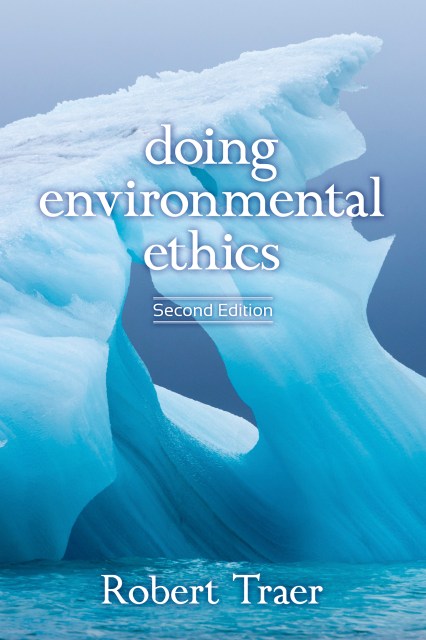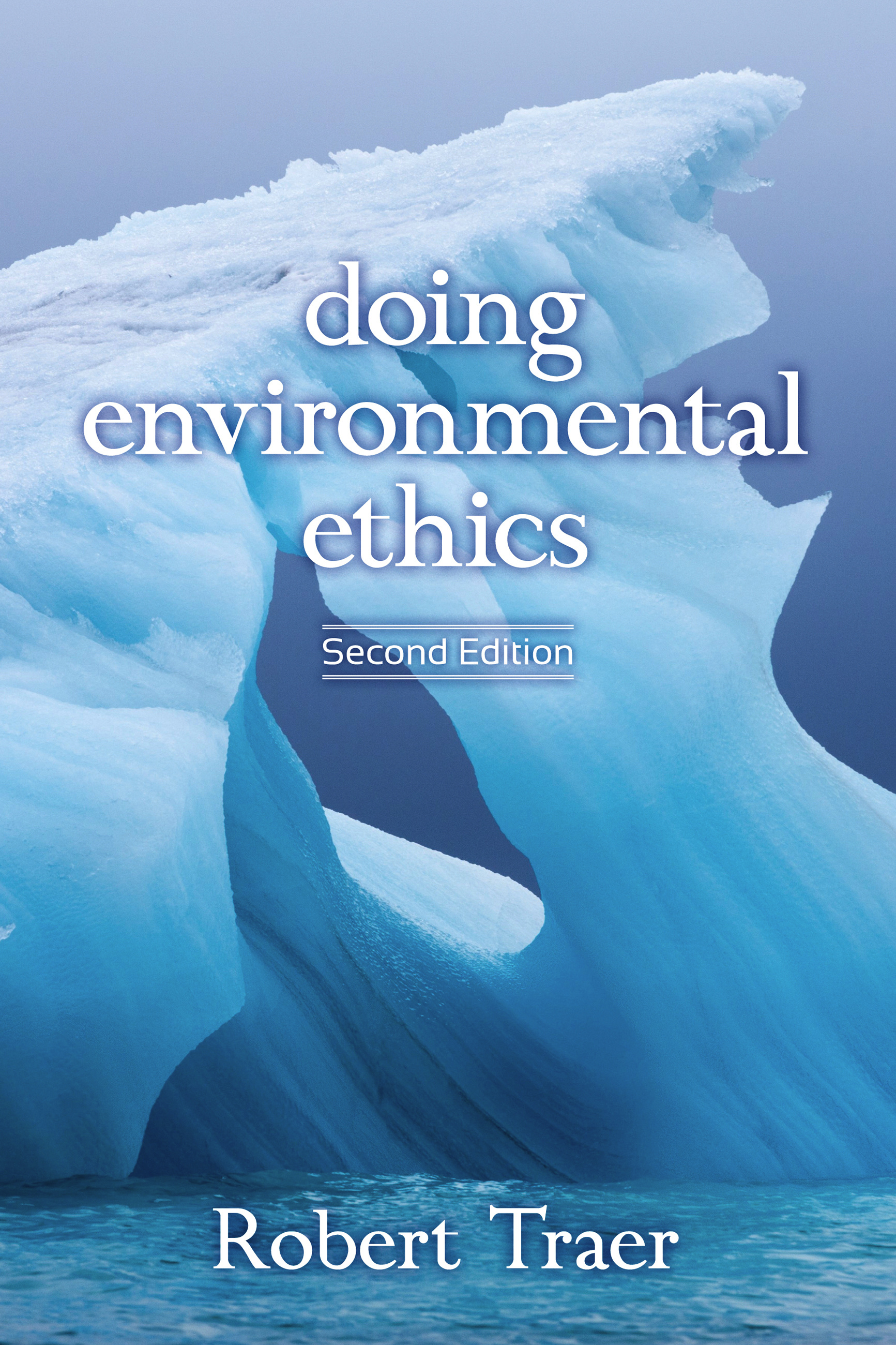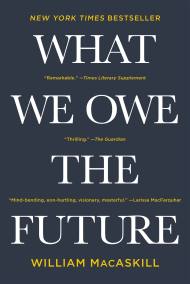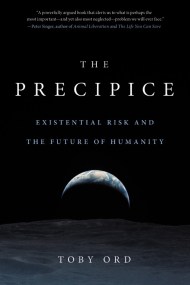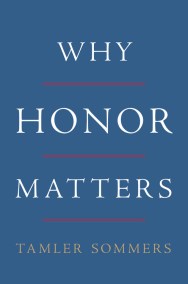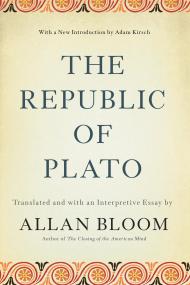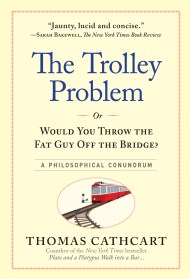Promotion
Use code MOM24 for 20% off site wide + free shipping over $45
Doing Environmental Ethics
Contributors
By Robert Traer
Formats and Prices
Price
$42.00Format
Format:
- Trade Paperback $42.00
- ebook $25.99
This item is a preorder. Your payment method will be charged immediately, and the product is expected to ship on or around July 31, 2012. This date is subject to change due to shipping delays beyond our control.
Also available from:
Doing Environmental Ethics faces our ecological crisis by drawing on environmental science, economic theory, international law, and religious teachings, as well as philosophical arguments. It engages students in constructing ethical presumptions based on arguments for duty, character, relationships, and rights, and then tests these moral presumptions by predicting the likely consequences of acting on them. Students apply what they learn to policy issues discussed in the final part of the book: sustainable consumption, environmental policy, clean air and water, agriculture, managing public lands, urban ecology, and climate change. Questions after each chapter and a worksheet aid readers in deciding how to live more responsibly.
The second edition has been updated to reflect the latest developments in environmental ethics, including sustainable practices of corporations, environmental NGO actions, and rainforest certification programs. This edition also gives greater emphasis to environmental justice, Rawls, and ecofeminism. Revised study questions concern application and analysis, and new “Decisions” inserts invite students to analyze evaluate current environmental issues.
Genre:
- On Sale
- Jul 31, 2012
- Page Count
- 400 pages
- Publisher
- Avalon Publishing
- ISBN-13
- 9780813347417
Newsletter Signup
By clicking ‘Sign Up,’ I acknowledge that I have read and agree to Hachette Book Group’s Privacy Policy and Terms of Use
